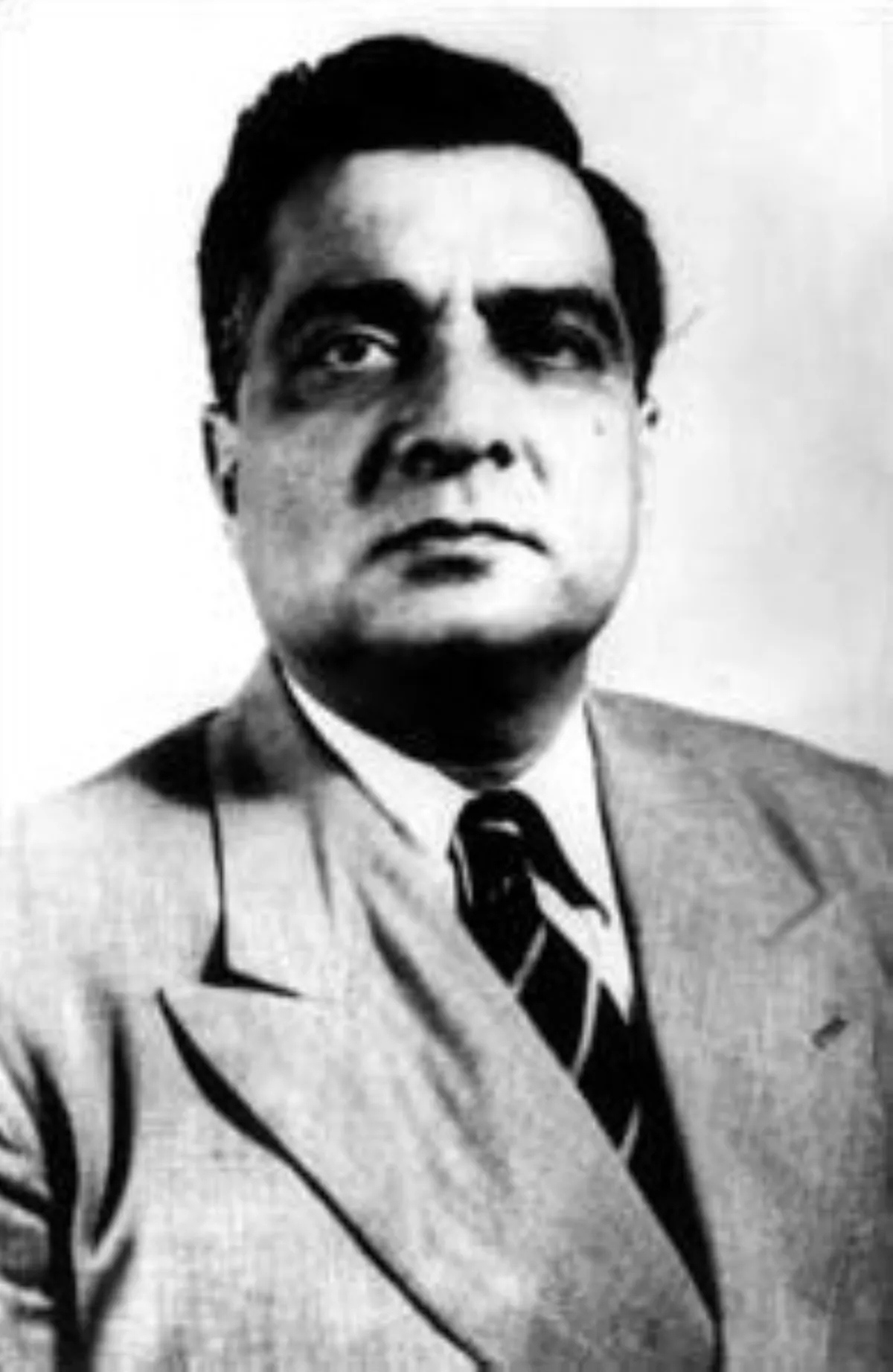 1.
1. Iskander Ali Mirza was a Bengali politician, statesman and military general who served as the Dominion of Pakistan's fourth and last governor-general of Pakistan from 1955 to 1956, and then as the Islamic Republic of Pakistan's first president from 1956 to 1958.